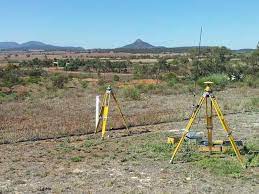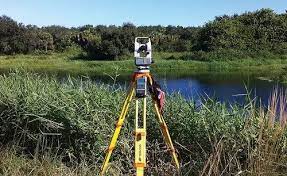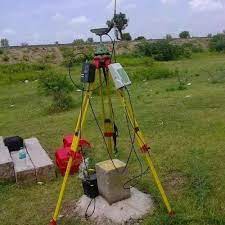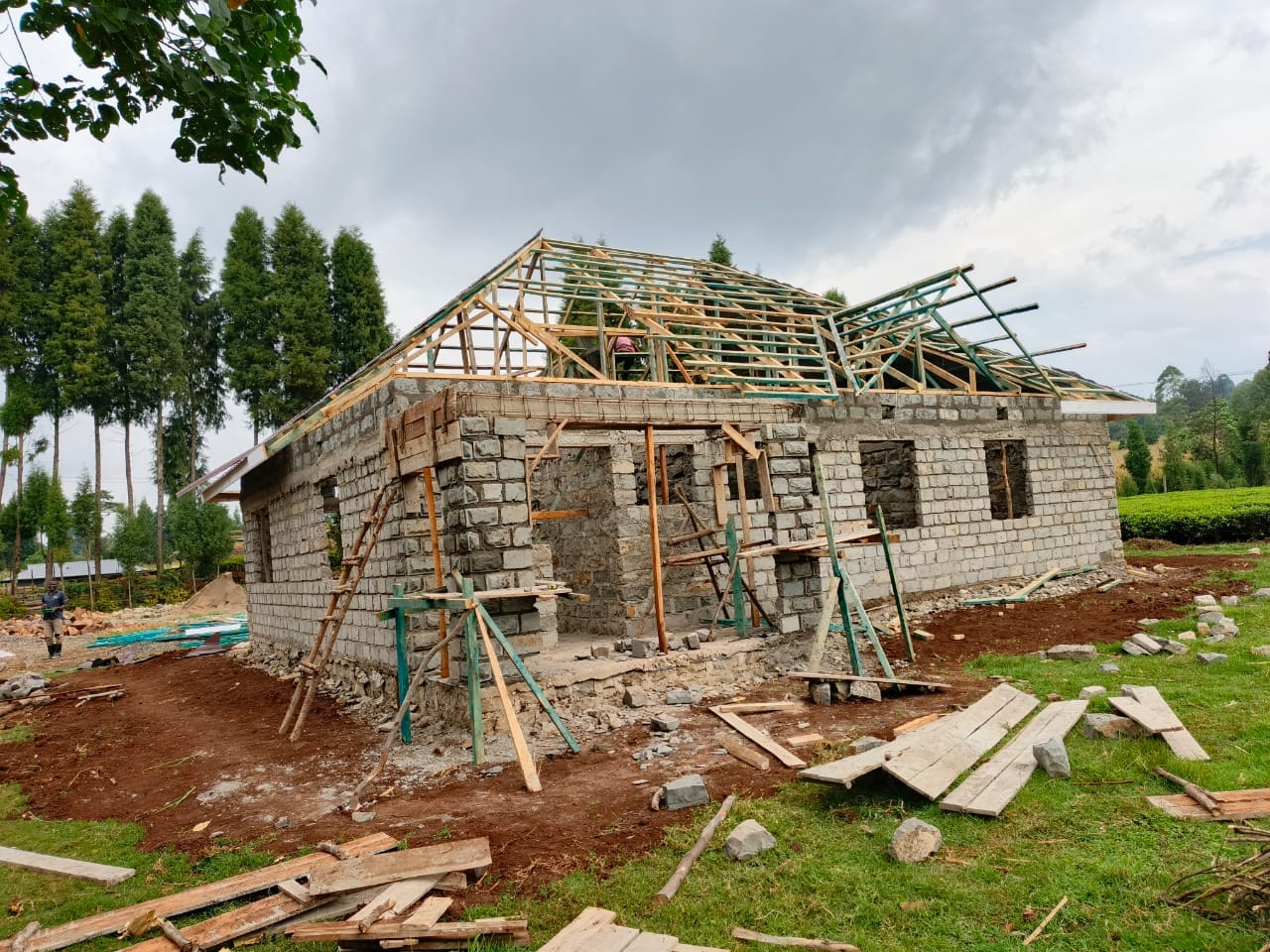Introduction
Why You Need to Verify a Title Deed in Kenya
Verifying a title deed in Kenya is a crucial step before buying or selling land. It protects you from fraud and ensures that the property truly belongs to the seller. Many property disputes in Kenya arise because the land was never properly verified.
By checking the title deed, you confirm ownership and uncover any legal encumbrances, such as unpaid land rates or disputes. This is especially important for first-time property buyers or investors.
Overview of Title Deed Verification Methods
There are several ways to verify land ownership in Kenya. You can use online verification via eCitizen, the Ardhisasa platform, or a manual search at the County Land Registry. Each method has its own steps, costs, and processing times.



Choosing the right method depends on your preference, location, and urgency. For example, online searches are faster, while manual verification provides official paper records that are often required for legal transactions.
Understanding Title Deeds in Kenya
What Is a Title Deed and Why Does It Matter
A title deed in Kenya is a legal document that proves ownership of land or property. Verifying a title deed ensures that the person selling the land is the rightful owner. It also protects you from disputes, fraud, or claims by third parties.
Title deeds are essential for property transactions, securing loans using land as collateral, and confirming ownership during inheritance or transfer of land.
Types of Title Deeds: Freehold vs. Leasehold
There are two main types of title deeds in Kenya:
- Freehold: Grants full ownership of the land indefinitely. You can sell, transfer, or use the land as collateral.
- Leasehold: Grants ownership for a specified period, usually 33, 66, or 99 years. After the lease ends, ownership may revert to the government or original landowner.
Knowing the type of title deed is crucial before completing any land transaction.
From Traditional Title Deeds to Certificates of Title
Kenya has been transitioning from traditional paper-based title deeds to Certificates of Title. This modernisation aims to reduce fraud and make verification easier. Certificates of Title include security features like watermarks, official stamps, and barcodes to prevent counterfeiting.
Understanding this change helps you identify genuine documents and ensures your verification process is accurate.
Methods to Verify a Title Deed in Kenya
Overview of Verification Methods
There are several ways to verify a title deed in Kenya. You can either use online verification through government portals or perform a manual search at the County Land Registry. Your choice depends on how fast you need the results and whether you require official documentation for legal purposes.
Related post: Land Buying Process in Kenya – Step by Step (2025 Guide)
Online Verification via eCitizen Portal
The eCitizen portal offers a quick and secure way to verify a title deed in Kenya.
To use this method:
- Create and access your eCitizen account: Register or log in on the eCitizen platform.
- Navigate to the Ministry of Lands services: Select the land search or title deed verification service.
- Conduct a land search and interpret results: Enter property details to see ownership records.
- Payment options and processing times: Pay the required fee online; results are typically available within hours to a few days.
Online Verification via Ardhisasa Platform
Ardhisasa is another online platform for digital land verification in Kenya.
To verify a title deed here:
- Access the Ardhisasa portal: Log in or create an account if you don’t have one.
- Initiate a land search request: Provide the property details.
- Understand search results: Review ownership information, survey plans, and any registered encumbrances.
- Limitations and availability: Some areas may have limited digital records; manual verification might still be needed.
Manual Verification at County Land Registry
Manual verification is best if you need official paper records for legal or banking purposes.
Steps include:
- Required documents: Bring the title deed, your ID, and KRA PIN.
- Filling out Form RL26: Complete the land search request form provided by the registry.
- Submission process and fees: Submit the form and pay the required fee (usually KSh 500–1,000).
- Processing time: Verification may take a few days, and you will receive a land search certificate as proof.
Key Documents for Verification
Title Deed
The title deed is the primary document proving ownership of land or property in Kenya. Always check that the deed is genuine and corresponds to the property you intend to verify.
Land Search Certificate
A land search certificate confirms the current ownership status of a property. It is issued after a verification process at the Ministry of Lands or through online portals like eCitizen.
Survey Plan
A survey plan shows the exact boundaries and dimensions of a piece of land. It is essential to confirm that the property matches the title deed and prevents boundary disputes.
Land Rates and Rent Clearance Certificates
These certificates prove that all land rates and government rents have been paid. They are often required for official property transfers and bank transactions.
Identifying Genuine vs. Fake Title Deeds
Physical Features of Authentic Title Deeds
Genuine title deeds have official stamps, watermarks, signatures, and other security features. Checking these features helps you identify authentic documents before completing a transaction.
Common Signs of Counterfeit Documents
Fake title deeds may have spelling errors, missing stamps, incorrect formats, or unusual font types. Always compare a suspected document with a verified sample.
Case Studies of Fraudulent Title Deeds
There have been numerous cases in Kenya where buyers lost money due to fake title deeds. Studying these cases can help you recognise warning signs and avoid costly mistakes.
Related post: Land Transfer Costs in Kenya Explained
Common Challenges in Title Deed Verification
Fraudulent Documents
Fraudulent title deeds are one of the biggest risks in land transactions. They may look genuine but contain fake stamps, signatures, or ownership details. Always verify documents carefully to avoid losing money.
Missing Records
Sometimes, land records may be incomplete or missing at the registry or online portals. This can delay verification or make it difficult to confirm ownership. It is important to check multiple sources if possible.
Delays in Processing
Manual verification at county registries or official online searches can take several days or weeks. Planning ensures that these delays do not affect your property transaction timeline.
Regional Disparities in Digital Records
Not all counties in Kenya have fully digitised land records. Some areas may still require manual verification, which can be slower and more cumbersome.
Professional Assistance for Title Deed Verification
When to Consult a Lawyer or Registered Surveyor
Professional help is advisable if you are unsure about the title deed’s authenticity or if the land transaction is complex. Lawyers and surveyors can identify hidden issues and provide legal guidance.
Benefits of Professional Verification Services
Using professional services reduces the risk of fraud and ensures all verification steps are done correctly. Experts can also help with document preparation and liaising with government offices.
Cost Considerations and Service Providers
Verification fees vary depending on the service provider and the complexity of the transaction. Some professionals charge a flat fee, while others charge per hour. Always confirm costs in advance.
Transition to Digital Land Records in Kenya
Government Initiatives for Digitising Land Records
The Kenyan government has been modernising land digitising, reducing fraud and improving access. Platforms like modernising and Ardhisasa now allow users to search and verify land ownership online.
Impact on Title Deed Verification Processes
Digital records make verification faster and more transparent. Users can check ownership, survey plans, and encumbrances without visiting county offices. However, some regions still rely on manual records.
Future Outlook for Land Record Management
The government aims to fully digitise all land records, which will streamline property transactions and disputes. Once complete, digital verification will become the primary method for title deed checks in Kenya.
Related Post: Cost of Land in Kiambu vs Machakos Counties (2025 Guide & Comparison)
Conclusion
Recap of Verification Methods
Verifying a title deed in Kenya can be done online via eCitizen or Ardhisasa, or manually at the County Land Registry. Each method has its own advantages depending on your needs and urgency.
Importance of Due Diligence in Property Transactions
Taking time to verify ownership protects you from fraud, disputes, and financial loss. It is a critical step before completing any property transaction.
Encouragement to Utilise Available Resources
Use all available tools and professional services to ensure accurate verification. Leveraging online platforms and expert assistance helps secure your investment in land or property.
Frequently Asked Questions (FAQ)
- What is a title deed in Kenya?
A title deed in Kenya is a legal document that proves ownership of land or property. It contains details about the owner, location, and size of the property. Verifying it ensures you are dealing with the rightful owner.
- How can I verify a title deed in Kenya?
You can verify a title deed online via eCitizen or Ardhisasa, or manually at the County Land Registry. Each method requires different steps and documents, but all confirm ownership and legality of the property.
- What documents are required for a land search?
Common documents include:
Original title deed
Government-issued ID
KRA PIN
Any previous land search certificates
These documents allow the registry or online portals to verify property ownership accurately.
- How do I conduct a title deed search via eCitizen?
Register or log in to your eCitizen account.
Navigate to the Ministry of Lands services.
Select the land search or title deed verification service.
Enter property details and make the required payment.
Review the results, which include ownership and any encumbrances.
- What are the signs of a fake title deed?
Fake title deeds may have:
Missing or incorrect stamps
Spelling errors
Unusual fonts or formats
Discrepancies compared to official records
Always compare the document to verified samples before completing any transaction.
- Can I verify a title deed online in Kenya?
Yes, verification can be done online through eCitizen and Ardhisasa. Digital verification is faster, secure, and convenient, though some areas may still require manual checks due to incomplete digital records.
- How much does a title deed search cost in Kenya?
Fees vary depending on the verification method:
Online search via eCitizen or Ardhisasa: usually between KSh 200–1,000
Manual search at the County Land Registry: around KSh 500–1,000
Costs may also vary by county and the complexity of the search.
- When should I consult a lawyer for the title deed verification?
Consult a lawyer or registered surveyor if:
The land transaction is complex
You suspect fraudulent activity
Ownership details are unclear or disputed
Professional guidance reduces risk and ensures a smooth verification process.





2 thoughts on “How to Verify a Title Deed in Kenya: A Comprehensive 2025 Guide”
Comments are closed.